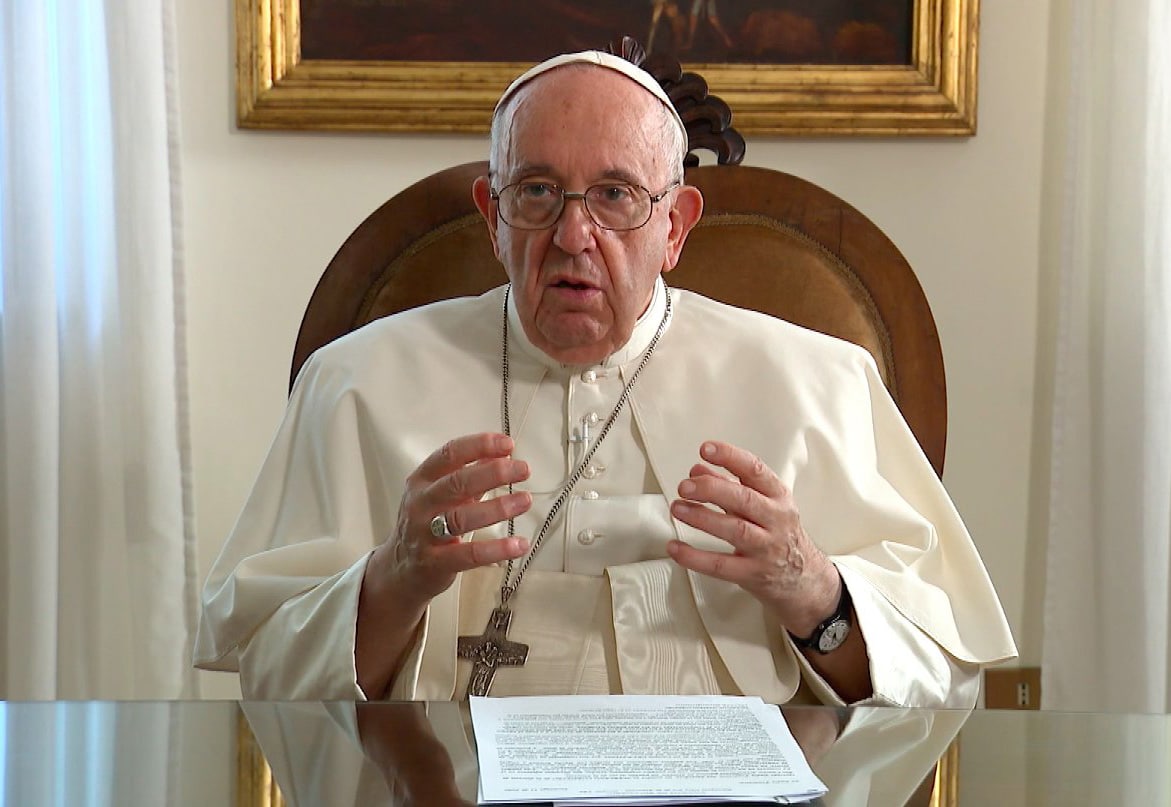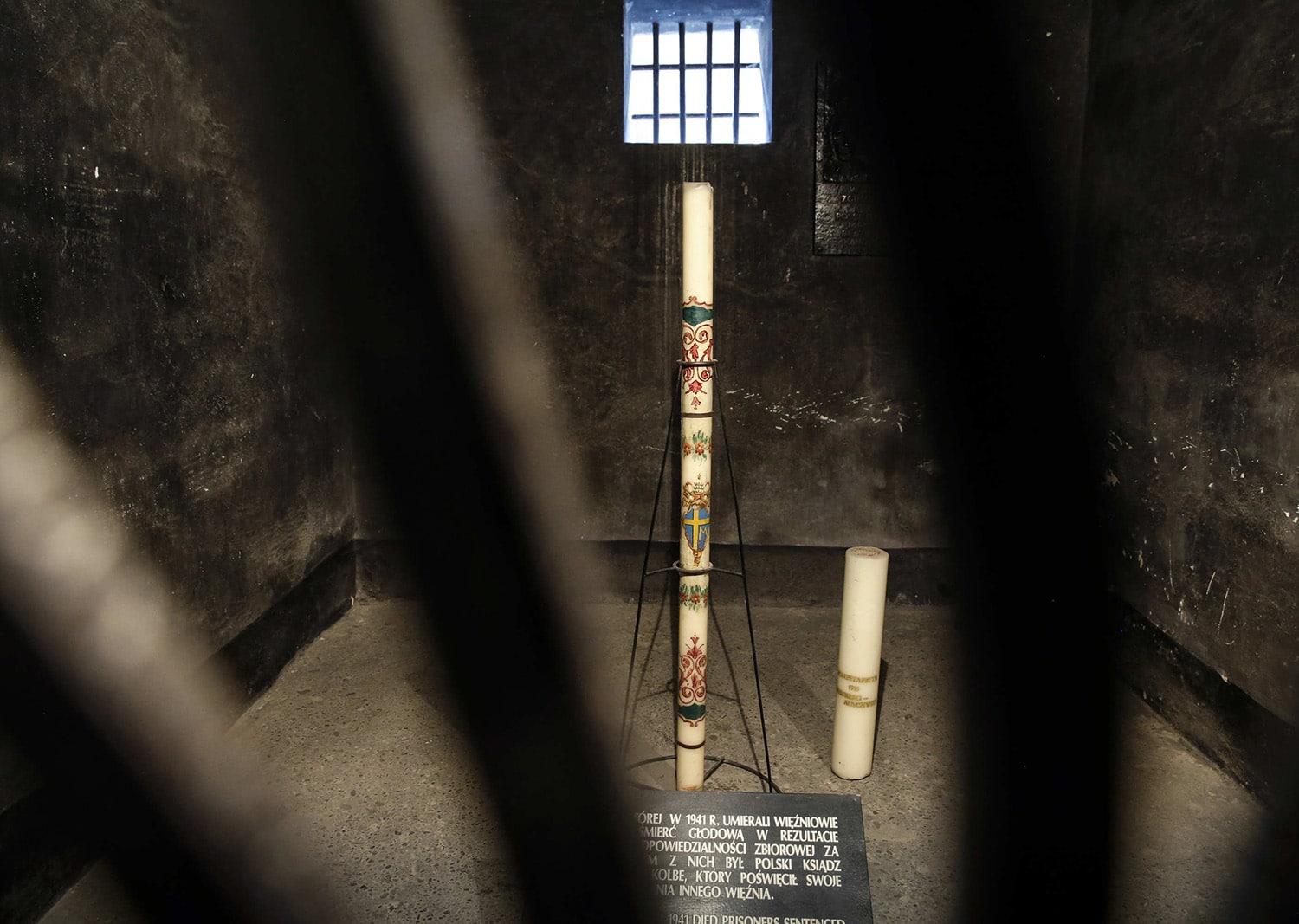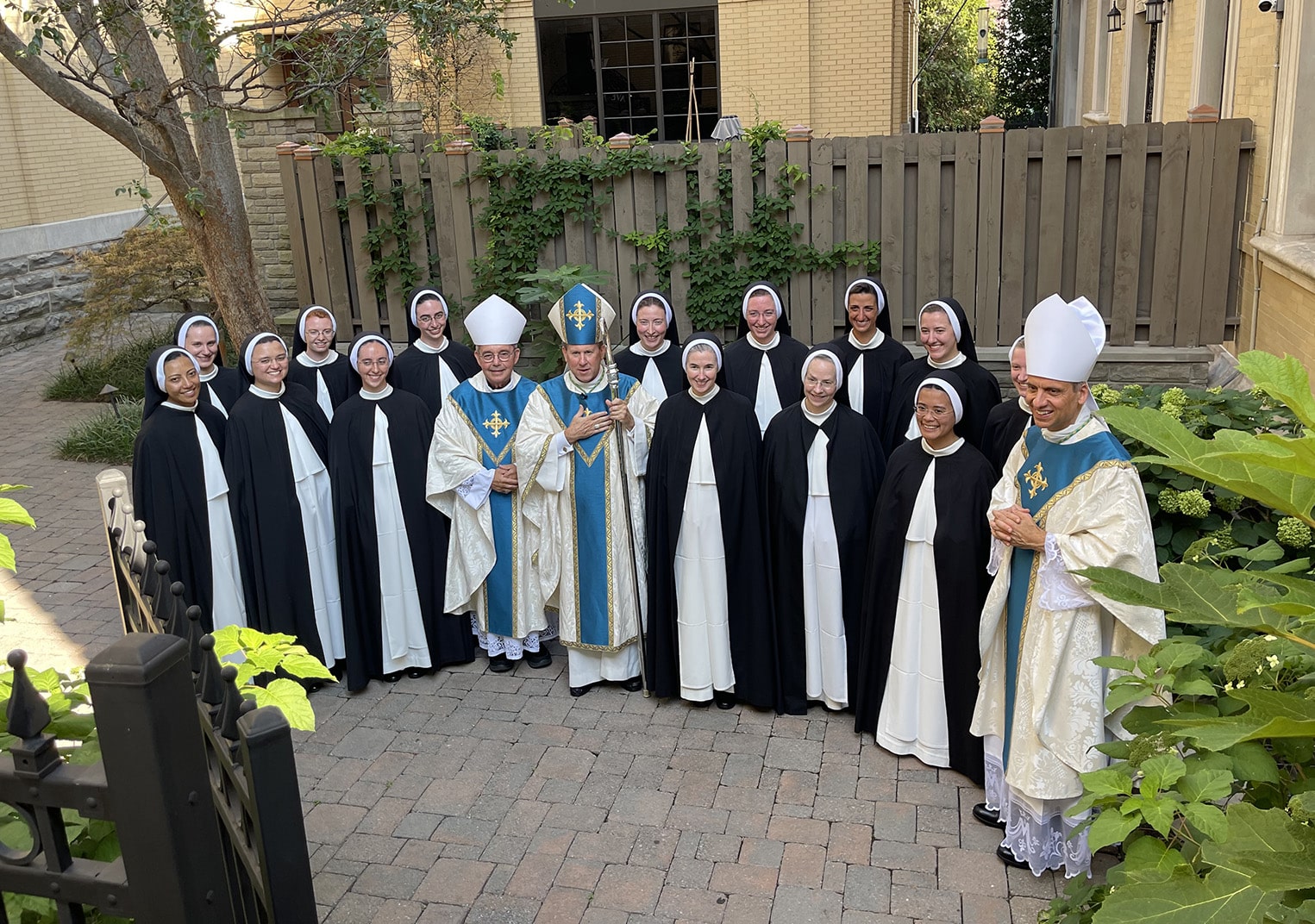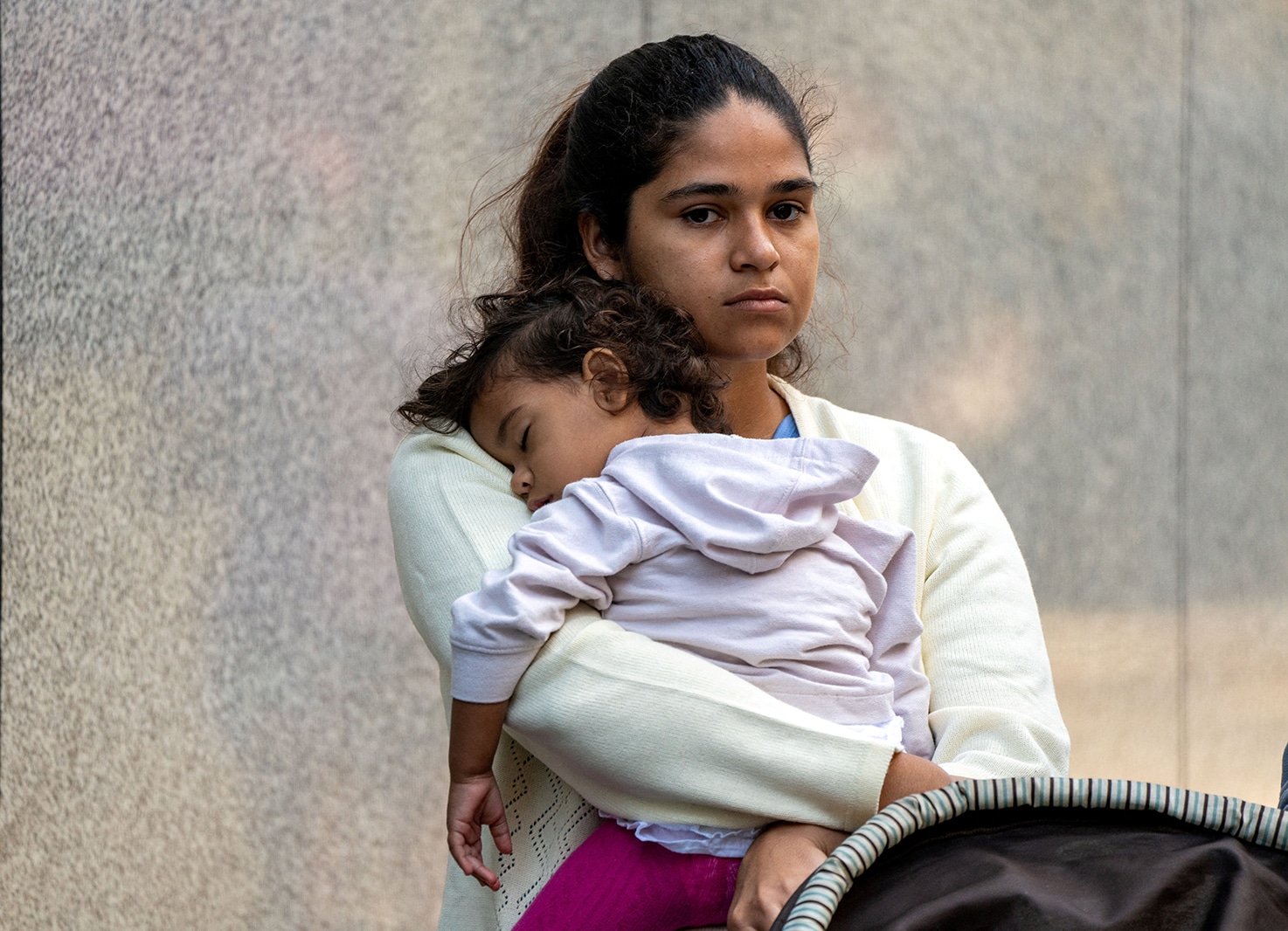“A podcast? What is it?” said the pope as he smiled at the microphone emblazoned with the Vatican Media logo. Once the concept of a podcast was explained, the Holy Father readily agreed to record an episode as part of the celebration of the 10th anniversary of his election to the See of Peter.
Another episode of the “Popecast” — as the project has been dubbed — was released last week. The episode, timed to premiere just ahead of World Youth Day, is a dialogue with young people. The pope listens to audio messages, which include questions, and responds.
The project made international headlines because one of the young people featured on the episode identifies as transgender. Giona, a 20-year-old homosexual and disabled Italian, described the feeling of being “torn by the dichotomy between (the Catholic) faith and transgender identity.”
In his response to Giona — the Italian version of “Jonah” — Pope Francis recalled that people are often stubborn, like the prophet Jonah was. The pope continued, saying, “the Lord always walks with us …. Even if we are sinners, he draws near to help us. The Lord loves us as we are, this is God’s crazy love.”
The blur of global headlines captured just part of the Holy Father’s reply. “The Lord loves us as we are” echoed around the world, without including the full context or intention of the pope’s statement.
Dialogue and understanding
At the heart of the pope’s message lies the call for dialogue and understanding. “People must be accompanied like Jesus would accompany them,” Pope Francis told a reporter during an inflight press conference in 2016. “When a person who has this situation arrives before Jesus, Jesus certainly will not say, ‘Go away because you are homosexual.’ No.” Similarly, Pope Francis has emphasized the importance of listening to the experiences and struggles of those who identify as transgender, seeking to accompany them amid the challenges of life.
This approach encourages us to extend a hand of compassion, walking alongside those who are grappling with questions of gender identity. But the critical point of accompaniment is movement. Throughout the Popecast episode in question, the pope encourages young people to “strive forward.” For Pope Francis, accompaniment does not mean uncritical affirmation of one’s current state. The pope has said that, even as pope, he has “accompanied people with homosexual tendencies and even homosexual activity. I accompanied them; I helped them draw closer to the Lord, although some couldn’t. But I never abandoned them.”
Pope Francis has consistently and repeatedly denounced gender ideology, which is used to justify identifying as transgender. In a March 10 interview with the Argentine newspaper La Nación, the pope called it “one of the most dangerous ideological colonizations.” During a speech to civil authorities delivered during his April Apostolic Journey to Hungary, the pope called gender ideology a “baneful path” warning that it would “cancel differences.”
Created in love
Central to Pope Francis’ teaching — which is the teaching of the Catholic Church — on transgenderism is the understanding that every human being is created in the image and likeness of God. In his encyclical letter Laudato si’, Pope Francis wrote, “The acceptance of our bodies as God’s gift is vital for welcoming and accepting the entire world as a gift from the Father and our common home …. whereas thinking that we enjoy absolute power over our own bodies turns, often subtly, into thinking that we enjoy absolute power over creation.” Those who identify as transgender have an inviolable dignity; every human person does. But we are not the masters of our own destiny. We were created in love by God who, in his providence, made both our bodies and souls to bear his image and likeness.
Pope Francis emphasizes that the Church’s perennial teachings on human sexuality and the sacredness of marriage remain integral components of our faith. In a general audience this year he said, “there is a strong need in the Church and in the world to rediscover the meaning and value of the conjugal union between a man and a woman on which the family is founded.” At the same time, the pope underscores the importance of approaching these teachings with humility and sensitivity, recognizing the complexity of personal circumstances and struggles. The Holy Father’s call for compassionate accompaniment echoes the ministry of Our Lord, who reached out to those on the margins of society with love.
It would be a mistake, therefore, to believe the pope has affirmed a person’s identification as transgender on the “Popecast.” Pope Francis’ vision of accompaniment is not blind endorsement. Instead, the Holy Father continues to model for believers a vision of engagement by which he calls ailing souls to conversion and communion with Jesus Christ and his Church.







